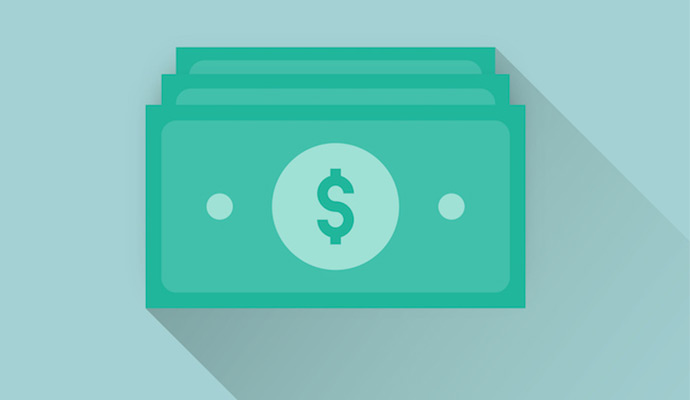Payers Begin To Pay Individual, Small Group Rebates Amid COVID-19
BlueCross BlueShield of Tennessee and Cigna will pay out individual and small group rebates to 143,000 members.

Source: Getty Images
- Major payers are beginning to send out individual and small group rebate checks for 2019, providing some financial relief for members, as the Tennessee Department of Commerce and Insurance announced.
In Tennessee, the Department of Commerce and Insurance announced that BlueCross BlueShield of Tennessee (BlueCross) and Cigna would be returning rebate checks to 143,000 residents who were covered by these companies on the Affordable Care Act exchange as well as small businesses.
For plans that did not meet the medical loss ratio, health plans had to alert employers and individuals that they would be receiving a 2019 rebate check by August 1, 2020. BlueCross announced that members would get their checks by September 30 via mail.
“This rebate system is working as intended — to ensure consumers get the most value for their premium dollars,” said Rachel Jrade-Rice, assistant commissioner for the Tennessee Department of Commerce and Insurance.
BlueCross stated that the health plan met the medical loss ratio for its large employer sponsored health plans, putting 80 percent of every premium dollar toward member medical spending and 20 percent toward administrative needs. However, the payer only retained two percent net income overall.
Similar to the record high rebates in 2019, most of the BlueCross rebates will go toward the individual health insurance marketplace. The company will pay out $82 million to individuals on the Affordable Care Act exchange and another $6 million to small businesses.
“As a not-for-profit health plan, we focus on supporting the health of the people we serve by advocating for affordable, high quality care and using our members’ premiums responsibly,” said Kelly Paulk, vice president of product strategy and individual markets at BlueCross.
“Every year, most of our members’ premiums are paid out for medical treatments or enhancements that improve their care experience.”
BlueCross put 69.2 percent of its premium dollars toward individual marketplace policy holders, 79 percent toward the small group health insurance market, and 87 percent toward the large group health insurance market.
As a result, BlueCross members who purchased their coverage on the individual health insurance marketplace through the federally facilitated marketplace or healthcare.gov will receive an average of $890 apiece. Small group health insurance marketplace BlueCross members will receive on average $540 each.
“This is good news for Tennessee as these rebates will give money back to hard-working Tennessee families that can be used during these unprecedented economic times,” Mainda said in the Tennessee Department of Commerce and Insurance press release.
The announcement comes as payers are under pressure to do more to financially support members during the coronavirus pandemic.
As American families and businesses suffered economically during the shutdown designed to control the pandemic, payers continued receiving monthly premium payments. These profits are now being scrutinized by the public and the federal government.
However, payers have pointed to rebates as a defense.
“The second half of the year could see a lot more care, and higher costs, than the first half of 2020. However, if these costs never materialize and remain below certain levels, American consumers, businesses, and taxpayers are protected by provisions in federal and state laws that require health insurance providers to deliver premium rebates and put money back into their pockets,” Matt Eyles, the president and chief executive officer of America’s Health Insurance Plans, argued in response to the federal investigation.
Those rebates may not come fast enough for consumers. The potentially massive rebates for 2020 would not be sent out until September of 2021.
CMS recognized the more immediate demand for financial relief and responded by allowing payers to offer premium credits on the individual and small group health insurance markets.
These developments could continue an upward trend in rebates for the individual health insurance market.
In 2019, the health payer industry paid out record high rebates due to the state of the individual health insurance market in 2018. The total amounted to $1.3 billion and more than half of it went to the individual health insurance market.
For 2020, experts projected that payers may pay more than double what they paid last year in rebates.
